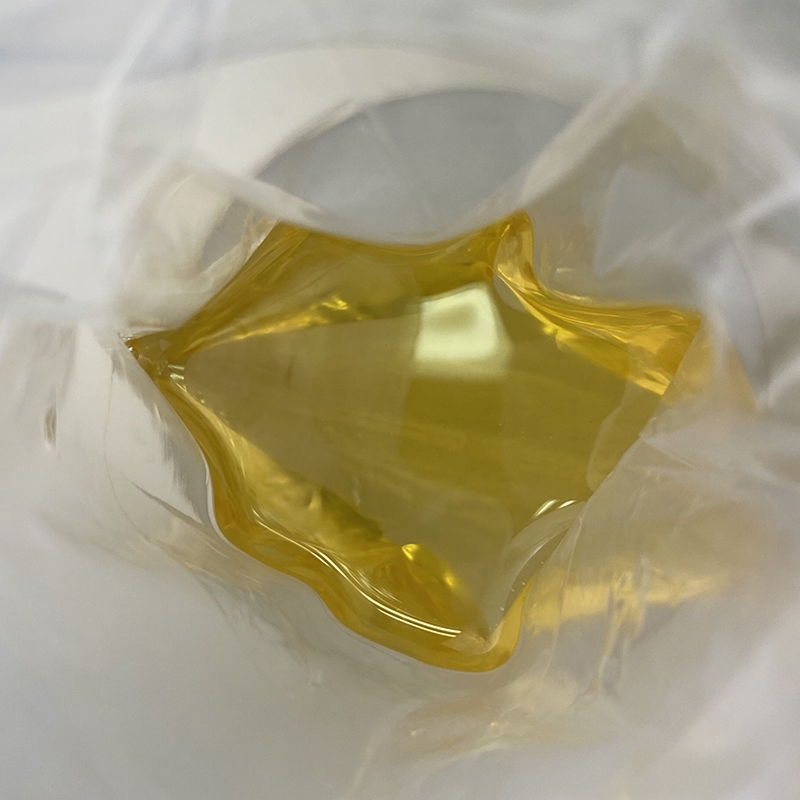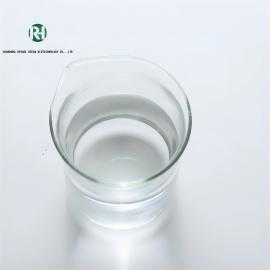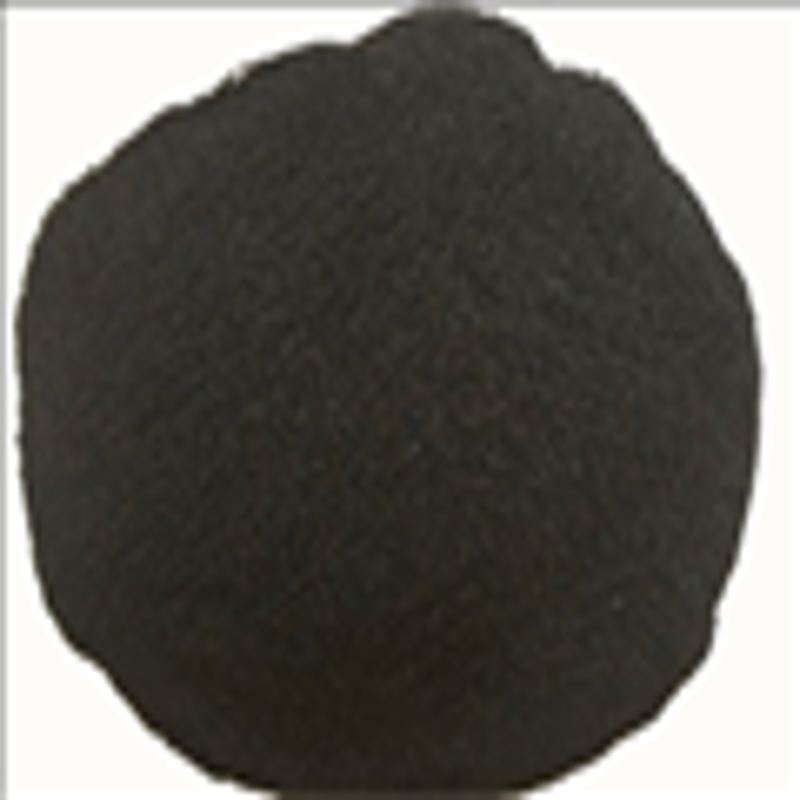-
Categories
-
Pharmaceutical Intermediates
-
Active Pharmaceutical Ingredients
-
Food Additives
- Industrial Coatings
- Agrochemicals
- Dyes and Pigments
- Surfactant
- Flavors and Fragrances
- Chemical Reagents
- Catalyst and Auxiliary
- Natural Products
- Inorganic Chemistry
-
Organic Chemistry
-
Biochemical Engineering
- Analytical Chemistry
- Cosmetic Ingredient
-
Pharmaceutical Intermediates
Promotion
ECHEMI Mall
Wholesale
Weekly Price
Exhibition
News
-
Trade Service
Science and Technology Daily intern reporter Luo Xiangru
"We have sent samples to the International Space Station and successfully conducted space experiments, and studies have found that the production of organoids in space is reliable, of high quality and standardizable
.
" At the 2022 International Symposium on the Peaceful Uses of Space Technology (Health), held from November 18 to 20, Cora Thiel, Chief Scientist of Gravity Biology at the Space Center of the University of Zurich and academician of the International Academy of Astronautics, introduced
.
Achieving this depends on the special environment
of space.
Cora Thiel said that the current production of organoids, especially high-quality organoids, on Earth is complex and very difficult, and high-quality organoids
can be produced with the help of space microgravity environment.
Participating scientists said that the space environment provides an unprecedented platform
for life science and medical research.
Experts introduced that space has a special environment different from the earth, such as microgravity, strong radiation, and high vacuum, with the help of this environmental conditions, many problems that cannot be solved on the earth can be found in
space.
Deng Yulin, Chairman of the Life Science Committee of the International Academy of Astronautics and Chief Scientist of the Institute of Medical-Engineering Integration of Beijing Institute of Technology, said: "Previously, the Mengtian experimental module carried microbial detection and culture instruments into space, and will be used for research
in biomedicine, microbial detection and other fields in the future.
”
Many scientists conduct life science research
by simulating the space environment on Earth.
For example, Zhou Guangming, a professor at Soochow University and academician of the International Academy of Astronautics, and his team studied the biological effects of space radiation and its health risks
by simulating space radiation.
Zhou Guangming said: "We hope to establish a space radiation health risk assessment system suitable for the body size, physical appearance and even genetic background and disease spectrum of Chinese astronauts, so as to provide a theoretical basis for future long-term deep space exploration missions and help the development of
manned space missions.
" ”







